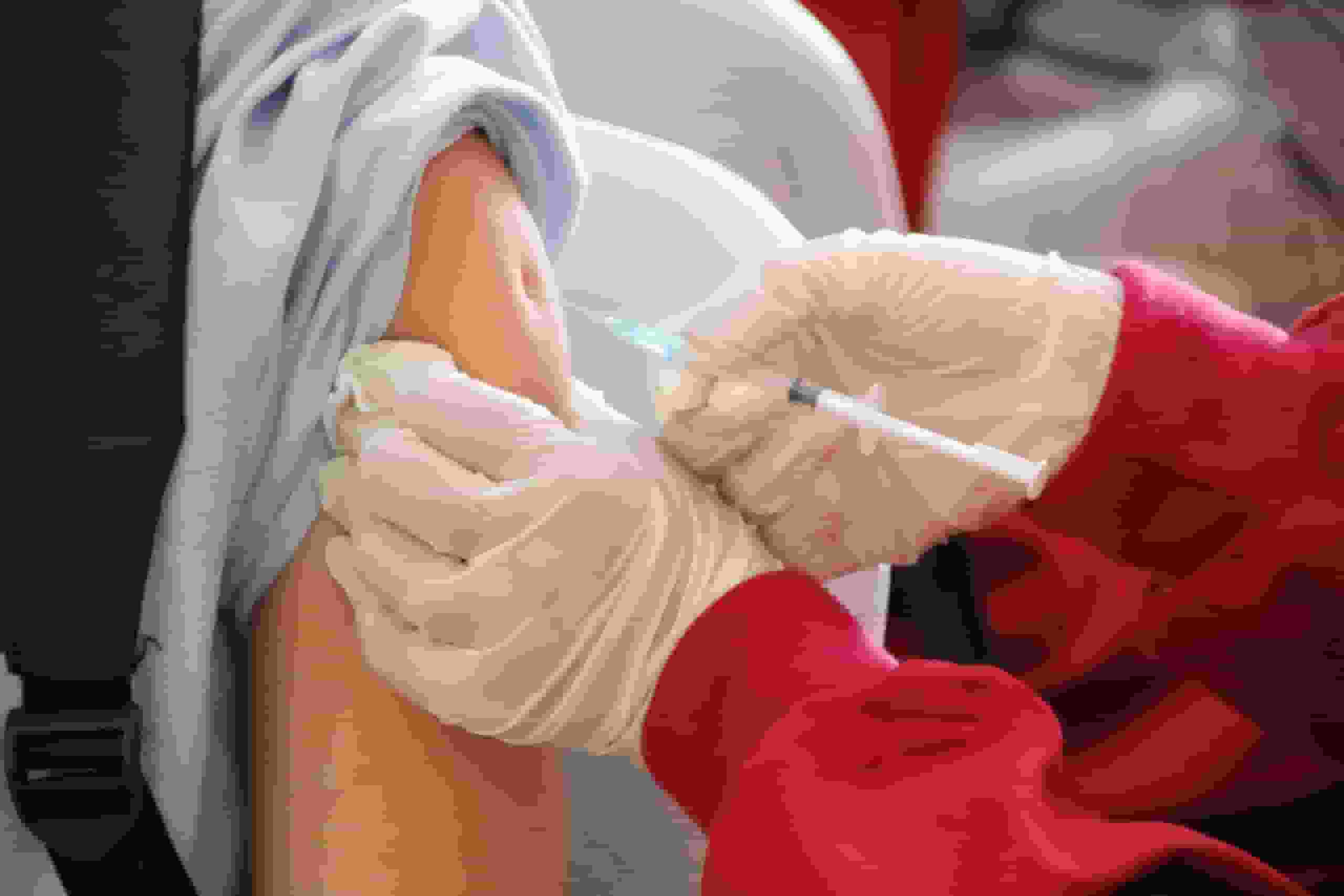
Scientists from the University of Southern California and the Cleveland Clinic Florida Research and Innovation Center have recently published research on GRP78, a protein linked to COVID-19 and other cancers, and a new medicine that suppresses its effects.
Researchers are still searching for efficient ways to treat severe infections, especially in patients who cannot acquire the vaccine or in the event that risky new virus strains evolve that could pass vaccines, even while immunization can possibly offer life-saving protection against COVID-19.
GRP78’s Contribution To Viral Transmission
According to a recent study conducted by Amy S. Lee, Ph.D., professor of biochemistry and molecular biology at the Keck School of Medicine of the University of Southern California, the chaperone protein GRP78 considerably facilitates the transmission of SARS-CoV-2, the virus that causes COVID-19.
This protein is involved in the spread of other viruses. The study also indicates that blocking GRP78 synthesis or inhibiting it with a novel targeted medication greatly reduced SARS-CoV-2 replication.
In order to find a more stable way to fight COVID-19, Lee and her colleagues at the USC Keck School of Medicine, Cleveland Clinic Florida Research and Innovation Center, and the Cleveland Clinic started investigating the role of GRP78, a crucial cellular chaperone protein that helps to regulate the folding of other cellular proteins.
Healthy cells require less GRP78 to function correctly but stressed cells need more GRP78 to survive. Researchers at the Keck School of Medicine demonstrated in a paper published in 2021 that when SARS-CoV-2 enters the scene, GRP78 becomes hijacked to cooperate with other cellular receptors to transport the SARS-CoV-2 virus into cells, where it can then multiply and spread.

GRP78 Inhibition
In order to suppress the production of the GRP78 protein in human lung epithelial cells in cell culture without interfering with other cellular functions, Lee and her team next used a unique messenger RNA technique. GRP78 was demonstrated to be important and crucial for viral replication and generation when those cells were later infected with SARS-CoV-2. They produced far less of the viral spike protein and released considerably less virus to infect other cells.
After infecting mice with SARS-CoV-2 and genetically engineering them to express a human SARS-CoV-2 receptor, the researchers tested HA15 in their bodies and discovered that it significantly decreased viral load in the lungs.
Separately, in partnership with scientists at the University of Michigan, Lee and her colleagues at the Keck School of Medicine are researching the effectiveness of HA15 and another GRP78 inhibitor, YUM70, in the treatment of cancer.
They discovered that HA15 and YUM70 can reduce the production of mutant KRAS proteins, a common mutation that frequently evades pharmacological therapy, and lower the viability of cancer cells containing such mutations, in pancreatic, lung, and colon cancer.
These findings, which were recently published in the journal Neoplasia, imply that GRP78 targeting may be effective in preventing these lethal malignancies.
Read more: COVID-19 vaccine: Expert struggles to determine who should receive a booster

